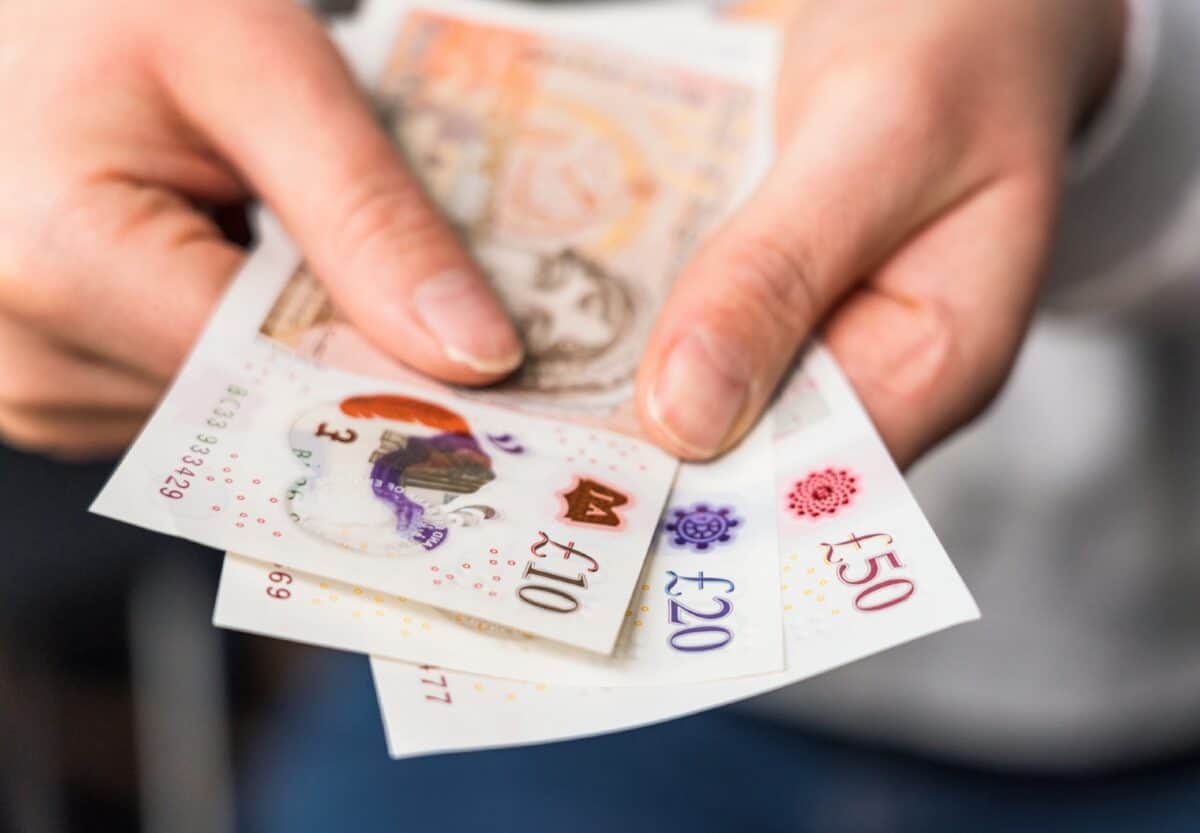HSBC (LSE: HSBA) shares look cheap. The stock is trading well below historical levels while offering world-class dividend yields. I think it might be one of the best buys on the FTSE 100.
Am I buying? Let’s find out.
The first clue is the price-to-earnings (P/E) ratio. This isn’t always a perfect measure for banks, which have cyclical earnings, but it’s a useful starting point to assess a price.
HSBC currently trades at a P/E of just over five. The bank’s five-year average is 13.17. While other UK banks are similarly cheap, the US banking sector average is 10.6.
The UK banks look cheap compared to assets too. Each of the ‘big four’ trades below their book value. In theory, at least, I could buy shares in every UK bank and get a share of assets worth more than the share price.
In HSBC’s case, each 79p I invest now gives me £1 in assets. Before 2020, trading below book value was an anomaly for the bank. Before 2008, the P/B was four times higher than it is now!
Why so cheap?
Why are UK banks so cheap? That’s a question even Whitehall is asking. Jeremy Hunt requested a sit-down with the banking chiefs a couple of weeks ago to address the problem.
Some point to Brexit, some to a weak UK economy. Whatever the reason, I don’t think there will be a quick fix from the government or any other place, but I expect the banking sector to be resilient moving forward.
One advantage to cheap shares is higher yields. While chasing big yields can be a dangerous game, I don’t see the banking sector in decline in the long run.
HSBC offers one of the biggest FTSE 100 dividends right now at 8.20%. The current analysts’ consensus forecast is 8.20% for 2024 and 8.52% for 2025. A special dividend might be on the cards in the next year too.
If banks find their feet again, those yields won’t stay that high for long.
Chinese risks
One peculiarity of HSBC – the Hong Kong and Shanghai Banking Corporation – is its exposure to China. Last year, 25% of revenues came from mainland China and 30% from Hong Kong.
On the one hand, China is still a developed economy and growing fast. The GDP is estimated to have grown 5.2% in 2023 compared to UK growth of 0.6%. This can support future revenue and income streams.
However, risks include a heavy-handed government and an ongoing property crisis. HSBC has already had to set aside $500m to deal with losses on commercial property in China.
In all, HSBC does look like a very cheap buy right now. If I had less exposure to the sector then I expect I’d buy the shares.







